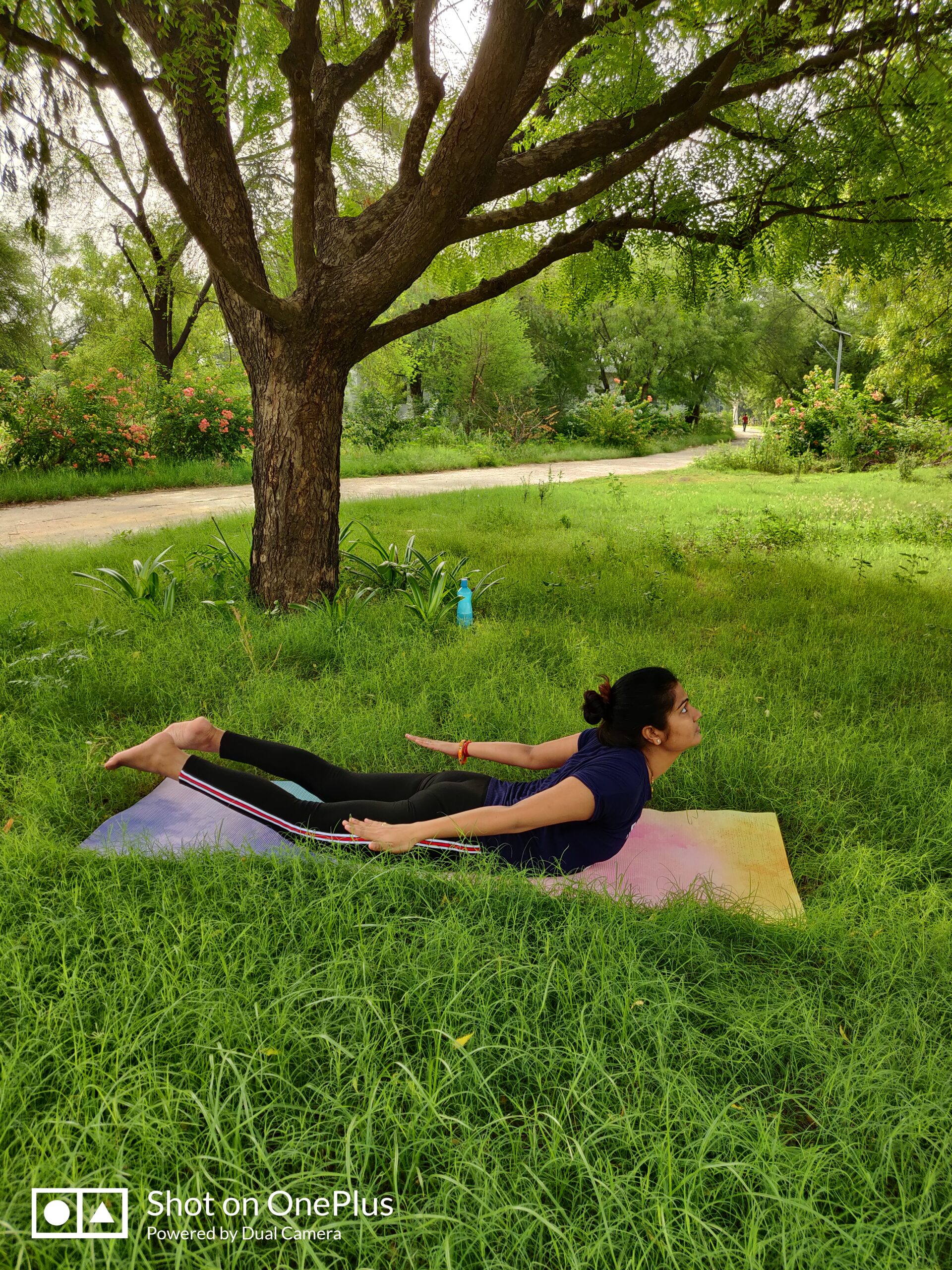Cultivating Calm: The Best Lifestyle for Managing Anxiety
Anxiety is a common aspect of modern living, but adopting a lifestyle that prioritizes mental well-being can significantly alleviate its impact. Let’s delve into the key elements of the best lifestyle for managing anxiety and fostering a sense of calm in the chaos of everyday life.
1. Mindful Nutrition
Balanced Diet:
- Nutrient-rich foods: Prioritize a diet rich in fruits, vegetables, whole grains, and lean proteins for essential nutrients.
- Omega-3 Fatty Acids: Include sources like fatty fish, flaxseeds, and walnuts to support brain health.
Hydration:
- Adequate Water Intake: Ensure regular hydration, as dehydration can exacerbate feelings of stress and anxiety.
- Herbal Teas: Incorporate calming herbal teas like chamomile or lavender for relaxation.
2. Regular Physical Activity
Exercise Routine:
- Aerobic Exercises: Engage in activities like walking, jogging, or cycling to release endorphins and reduce stress hormones.
- Yoga and Pilates: Incorporate mind-body exercises for their dual focus on physical and mental well-being.

3. Quality Sleep Habits
Sleep Hygiene:
- Consistent Sleep Schedule: Maintain a regular sleep routine to regulate circadian rhythms.
- Screen-Free Wind-Down: Create a screen-free bedtime routine to promote restful sleep.
4. Mindfulness Practices
Meditation and Breathing Techniques:
- Deep Breathing Exercises: Practice mindful breathing to calm the nervous system.
- Guided Meditation: Use guided meditation apps for structured relaxation sessions.
Grounding Techniques:
- Grounding Exercises: Employ techniques like mindful walking or focusing on sensory experiences to stay present.
- Progressive Muscle Relaxation: Systematically tense and relax muscle groups to release physical tension.
5. Social Connection and Support
Communication:
- Open Dialogue: Share feelings and concerns with trusted friends or family members.
- Support Groups: Join or create supportive communities to connect with others facing similar challenges.
6. Effective Time Management
Prioritization:
- Task Organization: Break tasks into manageable steps to avoid feeling overwhelmed.
- Scheduling Breaks: Include short breaks to prevent burnout and promote relaxation.
7. Limiting Stimulants
Caffeine and Alcohol Moderation:
- Awareness: Monitor caffeine and alcohol intake, as excessive consumption can exacerbate anxiety.
- Hydration Alternatives: Opt for herbal teas or infused water as alternatives.
8. Therapeutic Practices
Counseling or Therapy:
- Professional Support: Seek therapy or counseling to explore and address underlying causes of anxiety.
- Cognitive Behavioral Therapy (CBT): Engage in evidence-based therapeutic techniques for managing anxious thoughts.
9. Holistic Self-Care Rituals
Personalized Wellness:
- Creative Outlets: Cultivate hobbies or activities that bring joy and relaxation.
- Aromatherapy: Explore calming scents like lavender or chamomile through essential oils or candles.
10. Digital Detox
Screen Time Management:
- Scheduled Breaks: Take intentional breaks from screens to reduce information overload.
- Mindful Consumption: Be mindful of content consumed online and its impact on mental well-being.
11. Nature Connection
- Outdoor Activities: Spend time in nature through activities like hiking, picnics, or simply enjoying a walk in the park.
- Nature Immersion: Practice “forest bathing” by mindfully connecting with the natural environment to reduce stress.
12. Mindful Journaling
- Reflection Time: Dedicate a few minutes each day to journaling thoughts and emotions.
- Gratitude Journal: Cultivate a positive mindset by noting down things you’re grateful for.
13. Holistic Healthcare Practices
- Acupuncture: Explore alternative therapies like acupuncture for balancing energy and reducing anxiety.
- Herbal Supplements: Consider herbal supplements with calming properties, such as chamomile or valerian root (after consulting with healthcare professionals).
14. Limiting Negative Influences
- Social Media Boundaries: Set boundaries on social media use to prevent exposure to negative content.
- Mindful News Consumption: Stay informed without overwhelming yourself with distressing news.
15. Artistic Expression Therapy
- Art or Music Therapy: Engage in creative activities as a form of self-expression and emotional release.
- DIY Crafts: Create art or crafts as a therapeutic outlet.
16. Mindful Parenting Techniques
- Parenting Support Groups: Join groups that provide tips and emotional support for parents managing anxiety.
- Mindful Parenting Practices: Incorporate mindfulness into parenting by staying present with your child.
17. Spiritual Connection
- Meditative Practices: Engage in spiritual practices that promote inner peace and a sense of purpose.
- Community Engagement: Participate in spiritual communities for a sense of belonging and support.

18. Work-Life Integration
- Flexible Work Arrangements: Explore flexible work options to create a better work-life balance.
- Setting Boundaries: Clearly define work hours and personal time to avoid burnout.
19. Financial Wellness
- Budgeting: Create a realistic budget to alleviate financial stress.
- Financial Planning: Seek professional advice for long-term financial planning and stability.
20. Embracing Imperfection
- Self-Compassion Practices: Cultivate self-compassion by accepting imperfections and learning from setbacks.
- Mindfulness of Thoughts: Practice observing thoughts without judgment to reduce self-critical thinking.
21. Learning Stress-Reduction Techniques
- Biofeedback: Explore biofeedback techniques to understand and control physiological responses to stress.
- Progressive Relaxation: Practice muscle relaxation exercises to release tension.
22. Pets as Companions
- Pet Therapy: Spend time with pets, known for their calming effects and unconditional companionship.
- Outdoor Activities with Pets: Combine the benefits of nature and pet companionship with outdoor activities.
23. Professional Development with Well-Being Focus
- Skill Enhancement: Pursue professional development opportunities that align with personal well-being goals.
- Workshops on Balance: Attend workshops that address work-life balance and stress management.
24. Travel for Wellness
- Mindful Travel: Plan vacations with a focus on relaxation, exploration, and rejuvenation.
- Disconnecting During Travel: Use travel as an opportunity to disconnect from work-related stressors.
25. Holistic Learning Practices
- Courses on Mental Health: Enroll in courses or workshops on mental health to deepen understanding.
- Book Clubs for Well-Being: Join book clubs discussing literature related to well-being and personal growth.
Incorporating these additional strategies into your lifestyle can further enhance your ability to manage anxiety. Remember, individual preferences and needs vary, so tailor these practices to suit your unique journey toward well-being.
Visit Here: How to maintain a healthy weight during pregnancy




